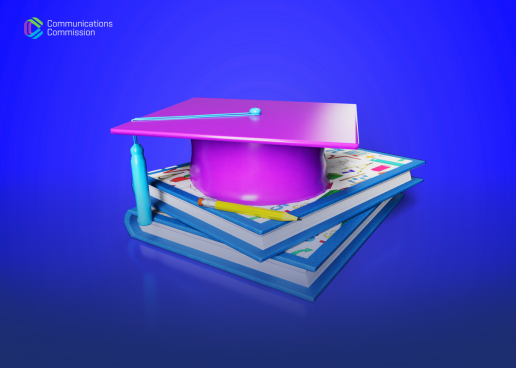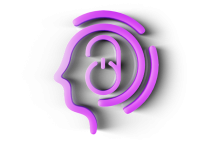ComCom Media Literacy Projects had a Total of 26,000 Beneficiaries in 2023

According to the 2023 Activity Report of the Communications Commission, ComCom has been implementing a variety of projects to raise public awareness about media literacy for a number of years. One of the most important among them was the project to integrate media literacy into formal education, which the Commission implemented with the support of UNICEF and the Ministry of Education, Science and Youth. The Commission carried out research on media literacy needs, devised an educational standard, teaching module and textbook, which were used to train 1600 teachers across Georgia in teaching media literacy. As a result, media literacy as an optional subject is already being taught in 5 schools in Georgia to X, XI, and XII grade pupils.
Last year, the Commission held the third Media and Information Literacy Week in Georgia. Activities and events planned for the event were held in Tbilisi and the regions. School pupil, teachers, parents, university students and startups took part in the activities. The Commission invited international media literacy experts to Georgia for the event. They included the American media literacy expert, Professor Renee Hobbs, EC digital ambassador Linda Liukas, and Head of Media Literacy Policy and Projects of the British Regulatory Commission (Ofcom) Fay Lant, who got actively involved in the activities during the Media and Information Literacy Week, sharing their knowledge and experience with the relevant audiences.
In 2023, ComCom held two editions of the media literacy contest “Truth or Fiction?” – one each for school pupils and university students, aiming to develop critical analysis skills among young people. Within the framework of the competition, participants were tasked with uncovering fake news spread in the media and determining the truth. At the end of the contest, a competent jury panel identified the winning works, the authors of which were awarded high-tech prizes by the Commission. In addition, the students with the 15 best works were given the opportunity to undergo further training and take part in media literacy projects in order to deepen their knowledge. Along with the contests, the Commission held 31 seminars in schools and universities, which were attended by 600 pupils and 450 university students.
Last year, the Commission translated and published a new “Hello Ruby” book that is composed of 4 parts. “Hello Ruby” is a Finnish book series that aims to develop digital literacy and analytical skills among primary school pupils along with the basics of programming and computer technology. During the 2023 Media and Information Literacy Week, “Hello Ruby” author Linda Liukas personally introduced the new book to the teachers and shared the new methodologies of teaching with her books. Since 2019, the Commission has printed 1000 copies of “Hello Ruby” and distributed them among 60 schools across Georgia free of charge. The Commission has trained around 220 teachers in the use of the textbook, as a result of which more than 6000 pupils are currently learning with “Hello Ruby.”
It is of utmost importance for the Communications Commission that more and more interested parties are involved in the process of developing media literacy in the country. This purpose is served by the national media literacy platform https://mediatsigniereba.ge, which provides all interested parties with access to the projects implemented in this field. Seven new partners were added to the platform in 2023, and more than 100 educational articles are currently available on the website. As of last year, the platform had more than 60,000 visitors.
Another project that was actively implemented by the Commission in 2023 is “Media Key” – a platform that hosts 30 Georgian and 70 foreign films accompanied by individual descriptions and recommendations. The project aims to develop content understanding and critical thinking skills among young people. As part of the project, the Commission held movie screenings and discussions for 180 pupils last year.
To raise awareness among students about media literacy and the field of telecommunications, the Commission started active cooperation with Georgian universities last year. The commission held a presentation at universities on the topics of “Development of 5G in Georgia” and “Media Environment and Regulation.” Informational meetings were conducted in an interactive format and young people had the opportunity to receive detailed and comprehensive information on the aforementioned topics. More than 450 students of Tbilisi State University, Georgian Technical University, Business and Technology University, Kutaisi International University and Alte University took part in the meetings.
Overall, within the framework of media literacy projects, the Commission has retrained 15,400 pupils, 4,000 teachers and 1,600 students over the last five years to develop critical and logical thinking. More than 600 educational seminars and meetings were held in total, and the Digital Support Programme has more than 3,500 beneficiaries. The total number of beneficiaries of all media literacy projects is 26,000.










